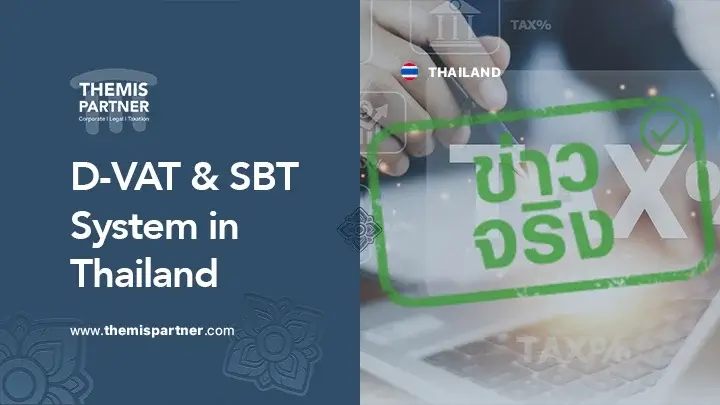According to the Foreign Business Act, only Thai and US citizens can set up a private limited company. Therefore, it will be necessary for foreign entrepreneurs who wish to open a limited liability company to find a local partner to register a bar in Thailand.
When deciding to register a bar in Thailand, there are some of the most famous requirements to consider:
First and foremost, a foreign investor will necessarily have to obtain a liquor license to operate in the Thai market and he will also have to make sure that the bar will not be placed near a school or a religious area, as this is prohibited by law.
Then, when you want to sell alcoholic beverages in Thailand, the liquor license is mandatory. The district office in Thailand is responsible for issuing liquor licenses after reviewing certain documents such as:
Finally, one of the most essential things to know is that the license to sell alcohol in Thailand is only valid for one year. However, you have the possibility to renew it in the 30 days preceding the expiration date. This license to sell alcoholic beverages will be granted if the Ministry of Industry considers that the alcohol content of each drink is in accordance with the industrial standards in force in Thailand. Upon presentation of the documents, a fee of 200 BHT must be paid. It is clearly forbidden to open such an establishment near a school, and if it is the case, the applicant risks having his application rejected. Thus, the locations’ choice of the future bar is very important.
Firstly, the bar’s location and its size are one of the most important things to consider when starting this type of business. Depending on the area where they are located, bars can be small establishments that only offer drinks, or they can also offer on-site seating. Wooden or concrete bars are common for small to medium-sized varieties. However, investors who wish to register a bar like a permanent establishment will need to lease a site for this purpose and make any necessary alterations to the building.
Secondly, hiring employees in Thailand is another important aspect that must be considered. Indeed, according to the legislation in force, the employees must be Thai and can be foreign nationals only in certain cases. The employment can be permanent or part-time.
In Thailand, businesses are subject to corporate income tax. Both locally incorporated companies and foreign companies doing business in the country will be subject to this tax. Moreover, investors who register a bar in Thailand using a franchise model will also be subject to the usual taxation rules.
The main taxes to which companies will be subject are, as follows:
1. Corporate tax: 20% with lower progressive rates for small businesses.
2. Capital gains tax: 20%
3. Withholding tax: 10% on dividends paid to another Thai company, 15% on interest paid to a non-resident company and 3% withholding tax on royalties paid to another Thai company.
4. Real estate tax: 12% on the estimated rental property’s value, the maximum tax rate may depend on the type of land or building.
5. Social Security: 5% contribution of the employee’s monthly salary, both by the employer and the employee himself and a certain monthly limit applies.
6. Stamp duty: 0.1% on leases agreement, share transfers and in other cases.
7. Specific business tax: applicable to banking and similar transactions and to the gross proceeds from the real estate’s sale.
8. VAT: standard rate of 10%, with certain types of goods and services subject to a 0% rate.
With respect to accounting and reporting requirements, the tax year in Thailand generally coincides with the calendar year, with the taxable period ending on December 31. However, companies are allowed to choose other accounting periods if they do not exceed this 12-month period.
Firstly, the self-assessment system forms the basis for reporting and payment in Thailand. The annual corporate income tax return is filed within 150 days after the accounting period’s end, and the corporate income tax payment is made at the same time. This is the year-end payment, but a mid-year payment is also due, and it occurs within two months of the end of the accounting period’s first half. Companies that fail to correctly estimate their profits for a year are subject to a fine that must invoiced at the mid-year payment.
Secondly, to prepare financial statements companies use Thai Financial Reporting Standards. In the case of public or private limited company, the directors’ board is required to prepare a financial statement at least every 12 months. This document contains a summary of the company’s assets and liabilities, as well as a profit and loss statement for the relevant fiscal year. A certified public accountant is required to sign the report and it must be submitted to the Ministry of Enterprise Development through an electronic system. Joint stock companies are subject to slightly different rules, as they must also disclose information on shares issued and held in subsidiaries, as well as other relevant data. Therefore, investors who incorporate a private or public company in order to register a bar in Thailand will need to comply with these requirements.











